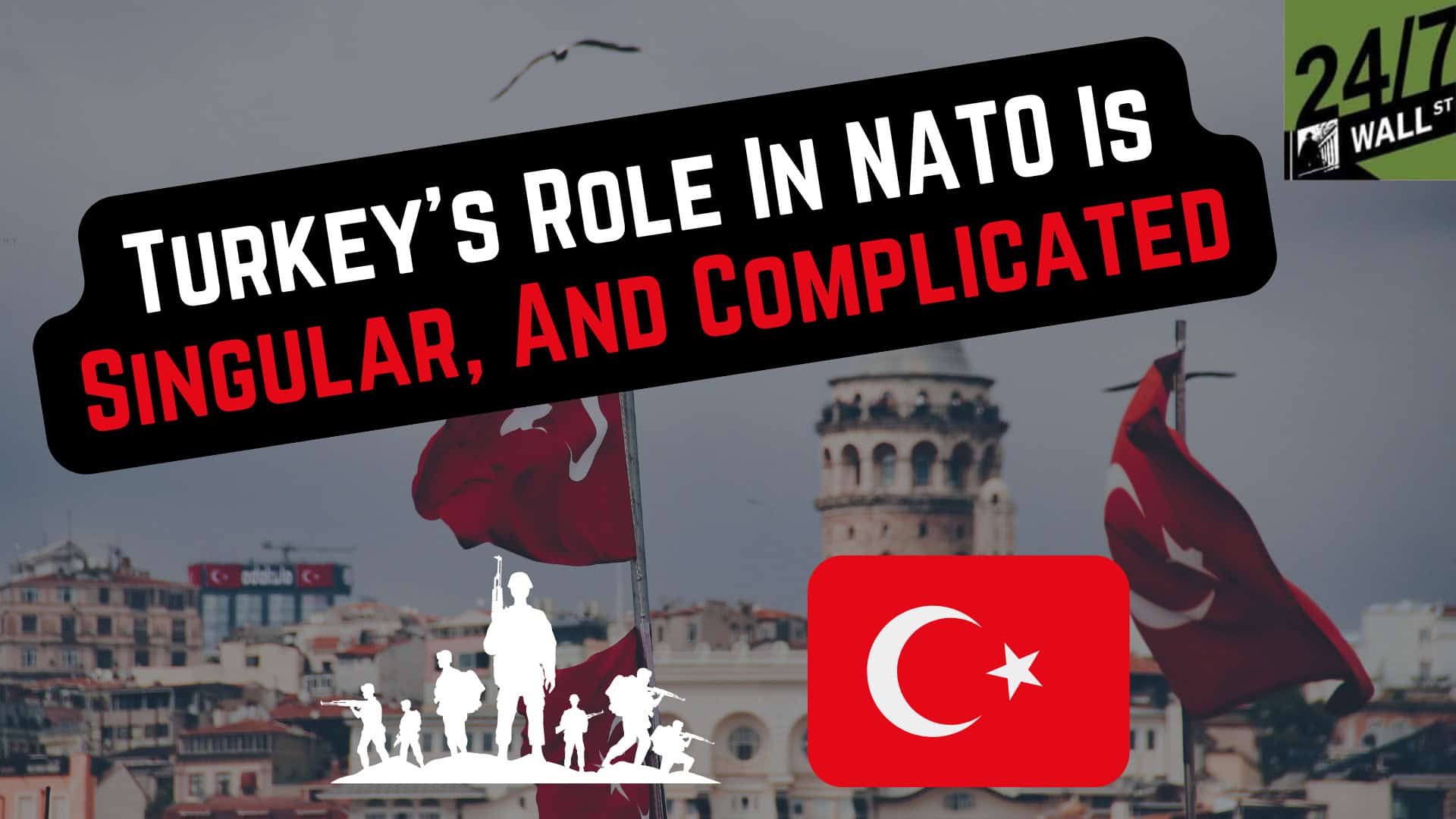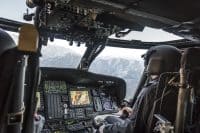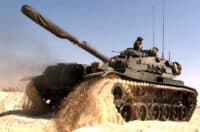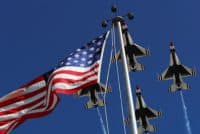
Key Points:
- Turkey is a key but controversial NATO member, bridging Europe and Asia.
- Ongoing tensions with Greece stem from historical disputes.
- Turkey controls the crucial Bosphorus Strait, impacting NATO strategy.
- While the defense sector is capturing attention in 2025, the smart money is already looking to “the next Nvidia” for 2025’s biggest winners. Access the report for free now.
Austin Smith and Michael Muir discuss the complex role Turkey plays within NATO, highlighting its unique position as both a geographically and culturally diverse member. Turkey straddles both Europe and Asia, and it is the only majority Muslim country in NATO. Historically, Turkey has maintained a flexible foreign policy, often balancing between Western and conservative religious influences. The conversation touches on Turkey’s strategic importance, particularly the Bosphorus Strait, which controls access to the Black Sea, and its land position as a bridge between Europe and Asia. The discussion also touches on Turkey’s historical and ongoing tensions with Greece, which have roots in territorial disputes and are a significant factor in the current dynamics within NATO.
Watch the Video
Edited Video Transcript:
NATO in many ways, it’s an alliance of very different countries, culturally and politically.
So can we talk a little bit about some of the tensions that are heating up within NATO, specifically about Turkey?
Yeah, Turkey is one of the most interesting, valuable, but also controversial members of the alliance.
Part of it, I think the way I would characterize Turkey is they’re a country with a presence in two continents, although the vast majority is in Asia, but only about 3% of their land mass is in Europe.
But they’re straddling Europe and Asia, and then it’s also cultural.
Turkey is the only majority Muslim country in NATO.
From its very foundation back in the early 1920s, Turkey has kind of been pulled between two polars of the modern, the secular, Western focused outlook and the more conservative religious outlook.
And right now it’s kind of more towards the latter.
Although I should point out that in the most recent Turkish elections, the ruling party did lose some ground.
So maybe we’re seeing a bit more of a pivot towards secularism again.
But Turkey, again, the presence in two continents has always had quite a flexible foreign policy.
I think it’d be fair to say.
If we look at World War II, I would characterize Turkey’s outlook as having it both ways.
They maintained good relations with the allies, but they still profited quite handsomely from making deals with the Axis.
And it wasn’t until the war’s outcome was a foregone conclusion that they threw in their lot with one side or the other.
And that was the allies in February 1945.
No Turkish troops actually saw combat.
So they did pretty well in World War II.
Although one of the big issues now, and we’ll get into it in just a moment, is the tensions with Greece.
But something I always like to point out is that when Greece was under Axis occupation, Athens was facing starvation.
And it was Turkey that sent over 50,000 tons of humanitarian aid at a time when they themselves were not terribly food secure.
That should have been the foundation for better relations between Turkey and Greece today.
In the immediate post-war years, there were some territorial disputes.
So Italy, when they invaded that part of the world, they took over a lot of islands in the Aegean Sea that went back to Greece after the war.
Now, the problem with that is that Turkey and Greece had largely worked out their territorial disputes in the 20s, and this kind of undermined that.
And that’s been a source of tension ever since.
Now, both nations joined NATO at the same time.
They were the first new members of the alliance back in 1952.
And they had a lot to offer in terms of securing NATO’s southern flank.
But Turkey especially, its strategic position is absolutely vital for two reasons.
Number one, look at the Bosphorus Strait.
Now, that’s the very narrow body of water that separates Istanbul.
And that is the gate to the Black Sea.
Nobody gets in or out without Turkey say so.
In fact, they’ve been the gatekeepers of the Black Sea since the days of the Ottomans, since the conquest of Constantinople in the 15th century.
But there are some very clear rules of what types of ships can go in and out of the Bosphorus.
And that’s been in place for almost 100 years.
That’s one advantage.
And we saw that in Ukraine really restricts what the Russian Navy can and can’t do.
And then additionally, its land position, it’s the land bridge from Europe to Asia.
And when the United States obviously was more focused in the Middle East in the early 2000s, Turkey was a really important partner, although they didn’t necessarily wanna go along with a lot of the military activity back then.
And again
Get Ready To Retire (Sponsored)
Start by taking a quick retirement quiz from SmartAsset that will match you with up to 3 financial advisors that serve your area and beyond in 5 minutes, or less.
Each advisor has been vetted by SmartAsset and is held to a fiduciary standard to act in your best interests.
Here’s how it works:
1. Answer SmartAsset advisor match quiz
2. Review your pre-screened matches at your leisure. Check out the advisors’ profiles.
3. Speak with advisors at no cost to you. Have an introductory call on the phone or introduction in person and choose whom to work with in the future
Thank you for reading! Have some feedback for us?
Contact the 24/7 Wall St. editorial team.




